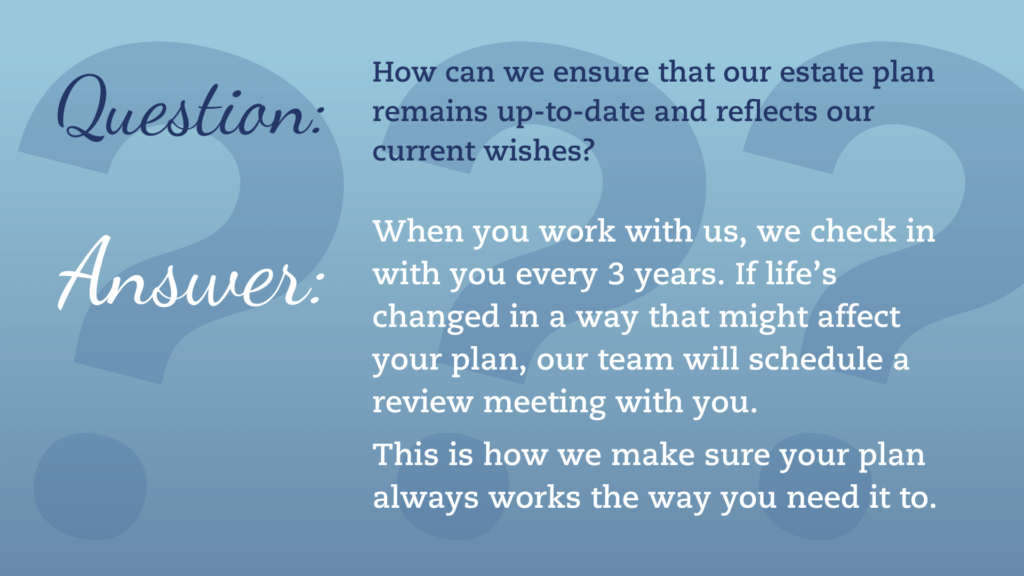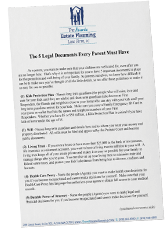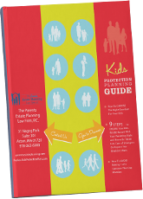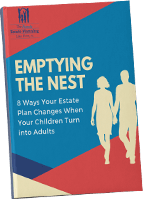Becoming an empty nester is a significant milestone in any parent’s life. It’s a time of transition, not just for your children as they venture out into the world, but for you as well. This new chapter in your life also calls for a reevaluation of your estate plan. As your children grow and your family dynamics change, so too should your approach to estate planning.
How Are You Protecting Your Adult Children from New Dangers?
One of the primary concerns for parents of adult children is safeguarding them from the new dangers they face in adulthood. These dangers are not the scraped knees or fevers of childhood but more complex issues such as creditors, potential lawsuits, and the implications of marital dissolution.
As your children navigate adulthood, their financial and legal landscapes become more complicated. They may accumulate debt, face legal challenges, or go through a divorce. These situations can put their inheritance at risk. An updated estate plan can provide a safety net, ensuring that the wealth you’ve worked hard to build is protected and passed on to your children as intended.
Are You Changing How Your Children are Involved in Your Estate Plan?
Another aspect of estate planning that may need revision as you transition to being an empty nester is the roles assigned within your plan. With your children now adults, it’s an opportune time to consider involving them more directly in your estate planning process.
Adult children can take on significant responsibilities, such as acting as a successor trustee, healthcare agent, or agent under your durable power of attorney. These roles are crucial, as they involve making healthcare decisions on your behalf, managing your estate, and handling legal and financial matters should you become unable to do so yourself.
Involving your children in these roles not only prepares them for the future but also ensures that your estate is managed by those who understand your wishes best. It fosters open communication within the family, reducing the potential for misunderstandings or conflicts down the line.
When Was The Last Time You Reviewed Your Estate Plan?
As life changes, so too should your estate plan. The transition to becoming an empty nester is a clear signal to revisit and potentially revise your plan. It’s not just about protecting your assets; it’s about ensuring that your legacy is passed on according to your wishes and that your family is protected from unforeseen challenges.
Revising your estate plan as an empty nester is a proactive step towards safeguarding your family’s future. It’s an opportunity to reflect on the changes in your life and your children’s lives and make necessary adjustments to your estate planning documents. This process can help ensure that your estate plan remains relevant, effective, and aligned with your current circumstances and goals.

Have You Found A Trusted Professional To Revise Your Estate Plan?
The transition to becoming an empty nester brings with it the need to revisit and revise your estate plan. Protecting your adult children from potential financial and legal dangers and involving them in key roles within your estate plan are critical steps in this process. By taking the time to update your estate plan, you can ensure that your legacy is preserved and passed on according to your wishes, providing peace of mind for you and your family.
Ready to take the next step towards securing your family's future?
Download our Emptying the Nest Guide today to ensure the plan you have preserves and protects your legacy.













